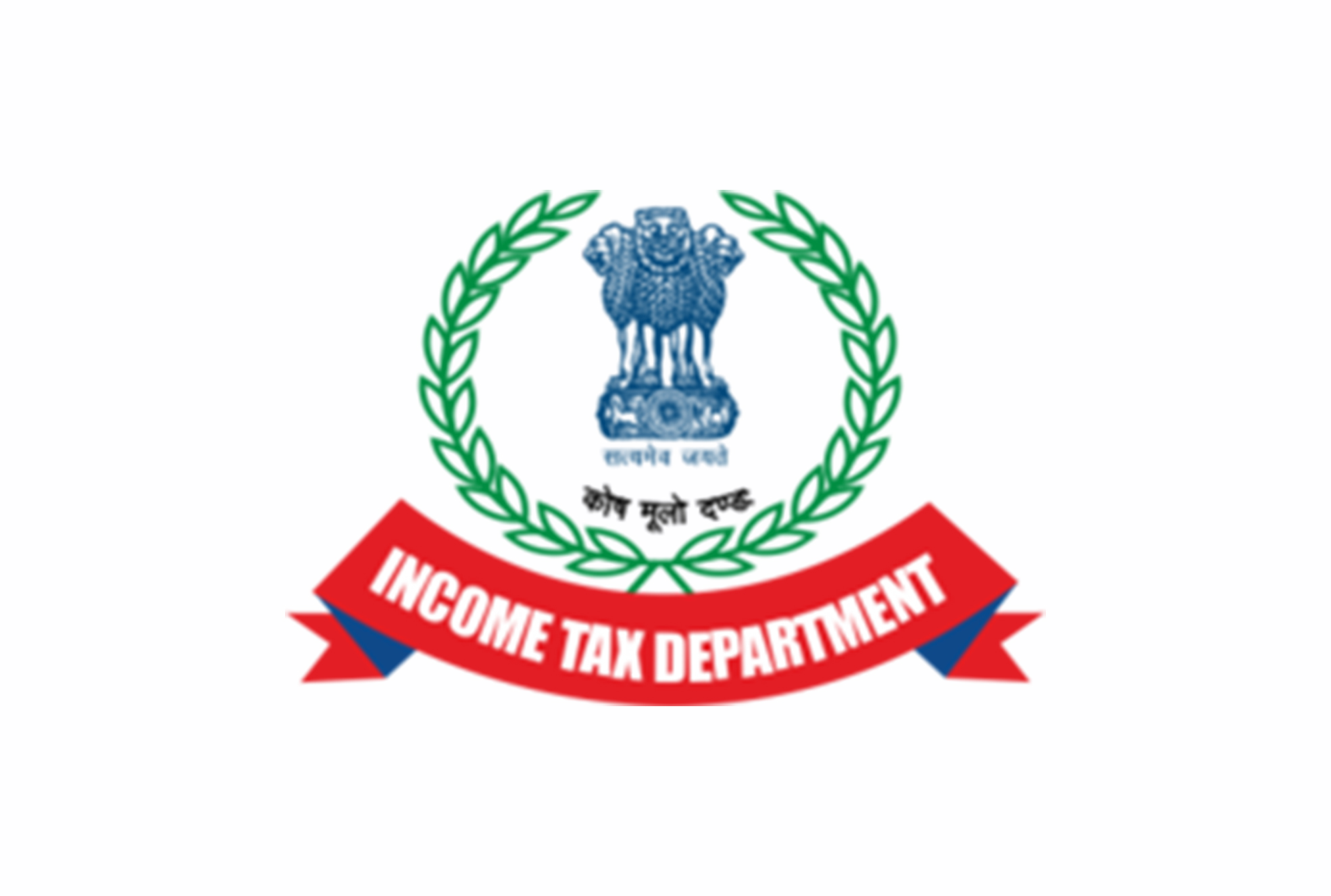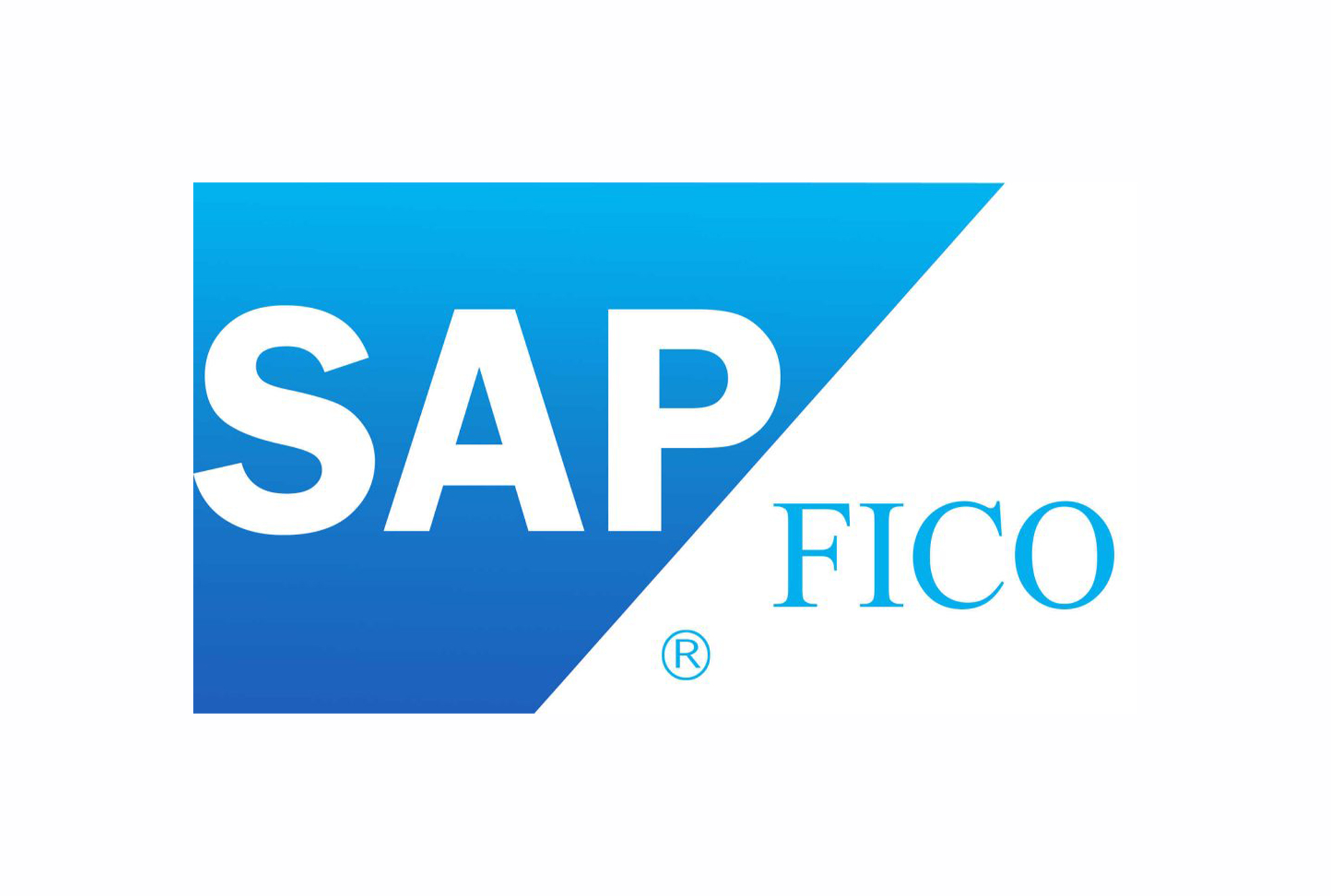Course Name :
SAP FICO Module
The SAP FICO (Financial Accounting and Controlling) module is a core component of the SAP ERP system, designed to streamline and integrate financial processes within an organization. It comprises two primary sub-modules: Financial Accounting (FI) and Controlling (CO).
Financial Accounting (FI)
This sub-module focuses on external reporting and financial statements. It manages accounting data, ensuring compliance with legal requirements and standards. Key functionalities include general ledger accounting, accounts payable and receivable, asset accounting, and bank accounting.
Controlling (CO)
This sub-module deals with internal reporting and management. It aids in planning, monitoring, and optimizing business processes. CO supports various aspects like cost center accounting, profit center accounting, internal orders, and activity-based costing.
Together, SAP FICO facilitates real-time financial processing, accurate financial reporting, and effective internal cost management, providing organizations with a comprehensive and integrated financial management solution.
SAP FI/CO Module Syllabus
• Define Company (Group of Companies)
• Define & Assign: Company Code
• GL: General Ledger Accounting
• AP: Accounts Payable
• AR: Accounts Receivable
• Assets Accounting
• Banking
o Manual Payments
o Down Payment
o Automatic Payment
• General Settings & Codes.
• Different Documents (Park/Hold/Reverse)
• Down payment (Advance Payment)
• Same Vendor Same Customer
• Cross Company Transactions
• Terms of Payment
• Dunning
• Bank Reconciliation Statement (BRS)
• Cash Journal
• Goods & Services Tax (GST)
• Tax Deducted at Source (TDS)
• Controlling (Profit & Cost)
• Foreign Currency Valuation
• Balance sheet (Financial Statement)
• And Many More ….
SAP SD Module
The SAP Sales and Distribution (SD) module is a crucial component of SAP ERP systems, focusing on managing customer relationships, sales orders, billing, and shipments. It integrates various business processes such as pricing, delivery, and invoicing to streamline the sales cycle from order to cash. SD enables organizations to efficiently handle sales operations, track sales performance, manage customer inquiries, and maintain accurate inventory information, ultimately enhancing customer satisfaction and optimizing revenue generation.
SAP SD Module Syllabus
• Enterprise Structure and Master Data
• Sales Order Processing
• Logistics Execution
• Billing and Revenue Recognition
• Credit Management
• Output Determination
• Integration with Other Modules
• Reporting and Analytics
• Special Processes and Functions
• Electronic Data Interchange (EDI)
• SAP SD Configuration
• Pricing and Conditions
• Sales Document Processing
• Sales Support and Service
• Cross-functional Customizing
• Availability Check and Transfer of Requirements
• Intercompany Sales Processes
• Third-party Processing
• Returns and Complaints Processing
• Foreign Trade and Export Processing
• Overview of Customer Relationship Management (CRM)
Integration
• Overview of SAP BW (Business Warehouse) Integration
• And Many More...







